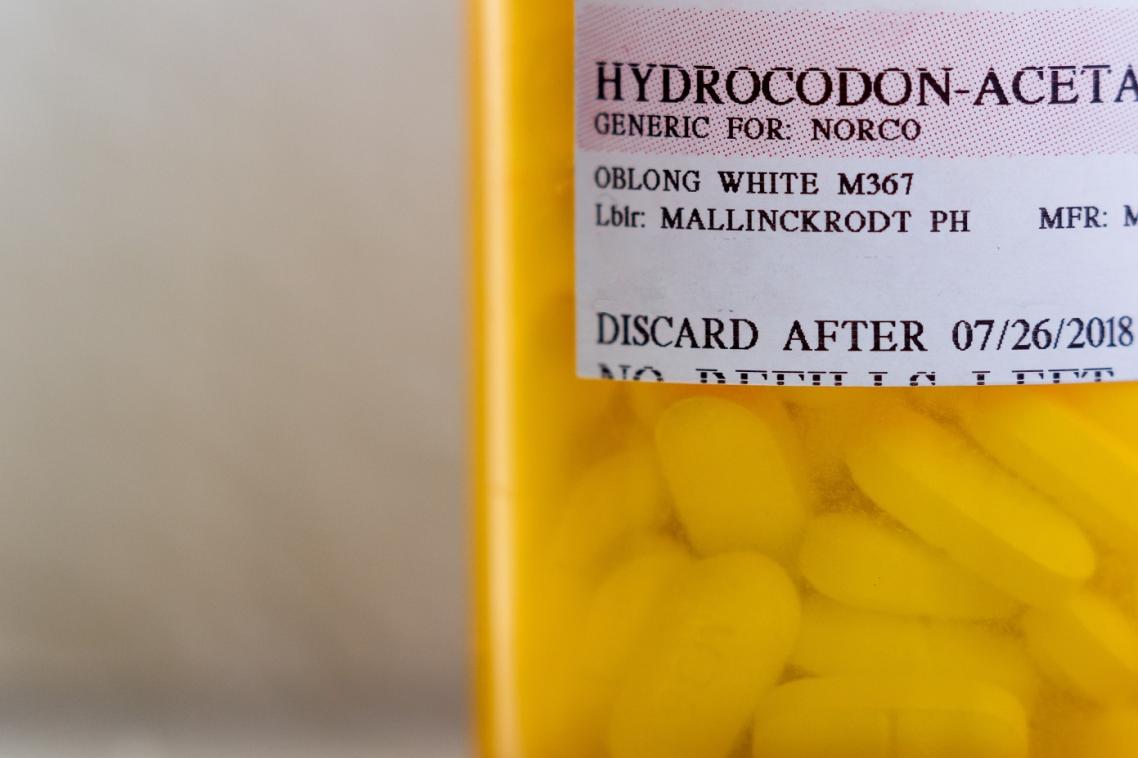Non-addictive analgesic research agreement announced

Research to develop non-addictive analgesics that could potentially be used as alternatives to addictive opioid drugs such as codeine will be undertaken by The University of Queensland (UQ), under an agreement with Canadian biomedical company PreveCeutical Medical Inc. (PMI) announced today.
UniQuest, UQ’s commercialisation company, entered into a research and option agreement with PMI for UQ to conduct research expanding the use of its peptide disulphide linker technology in a bid to develop non-addictive analgesics.
UniQuest CEO Dr Dean Moss said UQ’s strategy was to prevent pain through a different mechanism to the available opioid receptor drugs such as morphine, codeine and fentanyl.
“The hope is that this would avoid the associated effects of euphoria, tolerance and dependence that lead to overdose,” he said.
“An alternative analgesic could help address global concerns over the addictive nature – and subsequent deaths by overdose – of existing opioid drugs.”
The Federal Government will ban over-the-counter sales of painkillers containing codeine from 1 February, bringing Australia into line with the US, Japan and much of Europe.
Dr Moss said UQ researcher Associate Professor Peter Cabot would lead the two-year research program in collaboration with Dr Harendra (Harry) Parekh, both from UQ’s School of Pharmacy.
“It will involve the synthesis and testing of peptides for their analgesic activity in parallel with their pharmacological and pharmacokinetic evaluation in a chronic and acute setting.”
Dr Moss said the agreement was the fourth UniQuest had signed with PMI over the past 12 months.
Last April UniQuest signed agreements with PMI to stabilise peptides isolated from scorpion venom for use in immune-boosting applications and develop a soluble gel to deliver cannabinoids directly to the brain via the nasal cavity; and in July a gene therapy to treat diabetes and obesity was the subject of a third agreement.
Media: Associate Professor Peter Cabot, +61 0402 144 030; Danielle Koopman, UniQuest, d.koopman@uniquest.com.au, 0409 767 199.
Related articles

Should you consent to your doctor using an AI scribe? Here’s what you should know.

$1.85 million boost for UQ research projects
Media contact
UQ Communications
communications@uq.edu.au
+61 429 056 139
